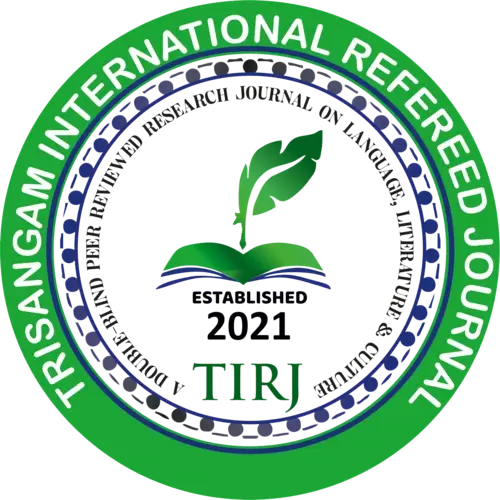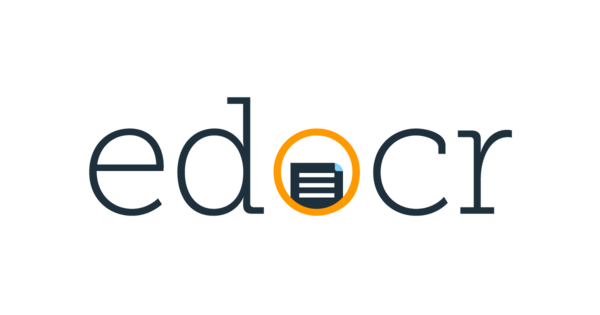Editorial Policies
Trisangam International Refereed Journal framed its publication policy based on the standards established by the www.publicationethics.org and www.oaspa.org
Our Policies
TIRJ is an electronic peer-reviewed International Quarterly Research Journal committed to upholding the highest standards of publication ethics. To provide our readers with a journal of the highest quality we state the following principles of Publication Ethics and Malpractice Statement. All articles not in accordance with these standards will be removed from the publication if malpractice is discovered at any time even after the publication. TIRJ is checking all papers in a peer-review process.
Duties of Editors
The editor must ensure a fair peer-review of the submitted articles for publication. They will strive to prevent any potential conflict of interests between the author and editorial and review personnel. Editors will also ensure that all the information related to submitted manuscripts is kept as confidential before publishing. Editor-in-Chief will coordinate the work of the editors.
Duties of Reviewers
Reviewers evaluate manuscripts based on content without regard to ethnic origin, gender, sexual orientation, citizenship, religious belief, or political philosophy of the authors. They must ensure that all the information related to submitted manuscripts is kept as confidential and must report to the Editor-in-Chief if they are aware of copyright infringement and plagiarism on the author’s side. They must evaluate the submitted works objectively as well as present their opinions on the works clearly in the review form. A reviewer who feels unqualified to review the research reported in a manuscript or knows that its prompt review will be impossible should notify the Editor-in-Chief and excuse himself from the review process.
Duties of Authors
Reporting standards: Authors of reports of original research should present an accurate account of the work performed as well as an objective discussion of its significance. Underlying data should be represented accurately in the paper. A paper should contain sufficient detail and references to permit others to replicate the work. Fraudulent or knowingly inaccurate statements constitute unethical behaviour and are unacceptable.
Data Access and Retention: Authors are asked to provide the raw data in connection with a paper for editorial review, and should be prepared to provide public access to such data, if practicable, and should, in any event, be prepared to retain such data for a reasonable time after publication.
Originality and Plagiarism: The authors should ensure that they have written entirely original works, and if the authors have used the work and/or words of others that this has been appropriately cited or quoted.
Multiple, Redundant, or Concurrent Publication: An author should not in general publish manuscripts describing essentially the same research in more than one journal or primary publication. Submitting the same manuscript to more than one journal concurrently constitutes unethical publishing behaviour and is unacceptable
Acknowledgment of Sources: Proper acknowledgment of the work of others must always be given. Authors should cite publications that have been influential in determining the nature of the reported work.
Authorship of the Paper: Authorship should be limited to those who have made a significant contribution to the conception, design, execution, or interpretation of the reported study. All those who have made significant contributions should be listed as co-authors. Where others have participated in certain substantive aspects of the research project, they should be acknowledged or listed as contributors. The corresponding author should ensure that all appropriate co-authors and no inappropriate co-authors are included on the paper and that all co-authors have seen and approved the final version of the paper and have agreed to its submission for publication.
Disclosure and Conflicts of Interest: All authors should disclose in their manuscript any financial or another substantive conflict of interest that might be construed to influence the results or interpretation of their manuscript. All sources of financial support for the project should be disclosed.
Fundamental errors in published work: When an author discovers a significant error or inaccuracy in his/her published work, the author should promptly notify the journal editor or publisher and cooperate with the editor to retract or correct the paper.





 .
.